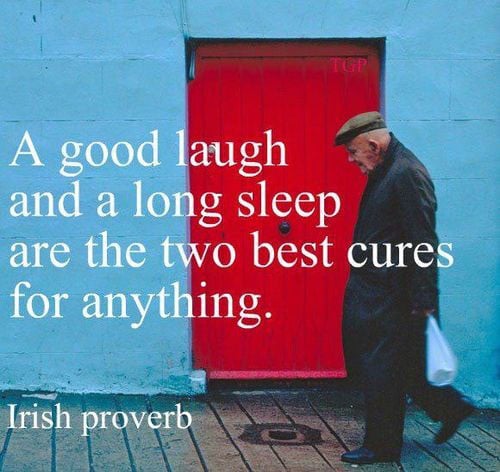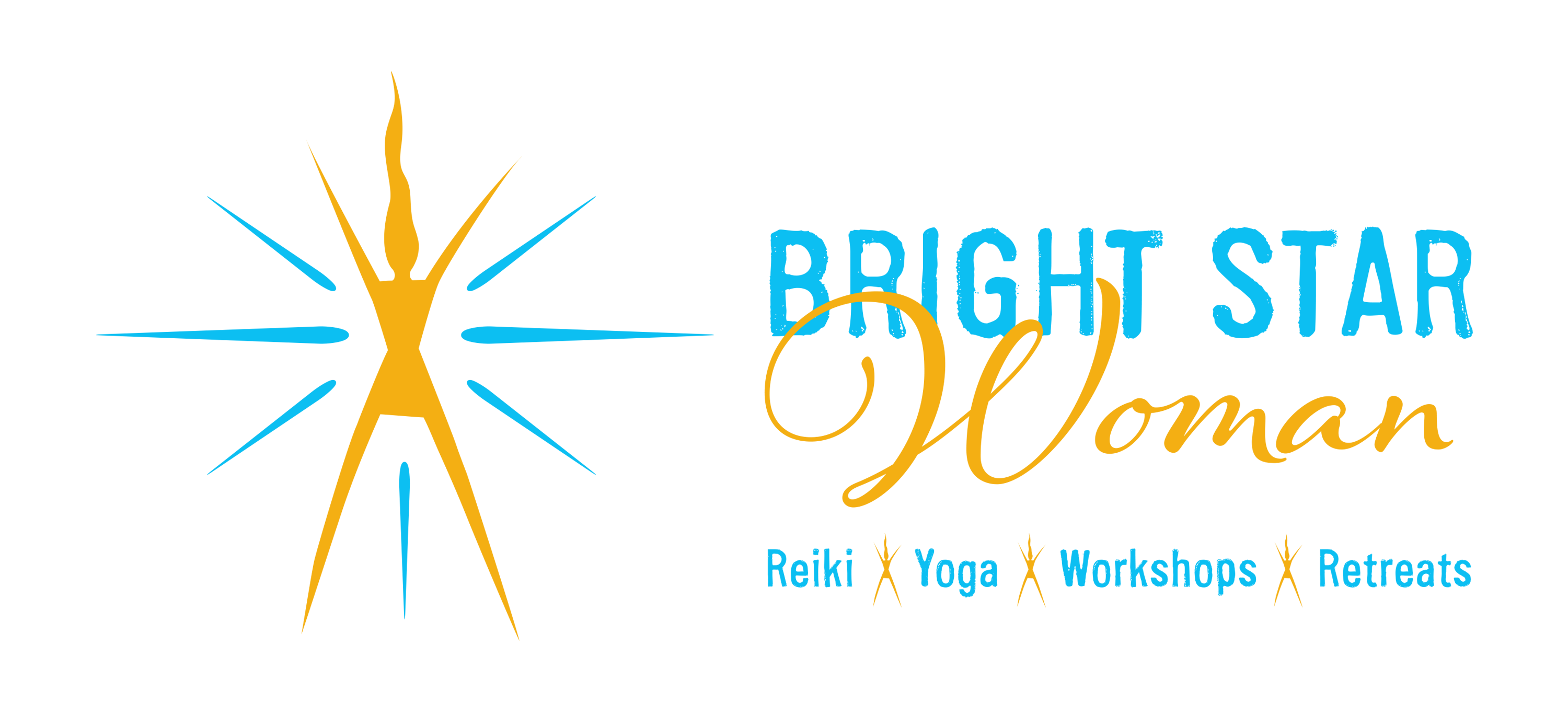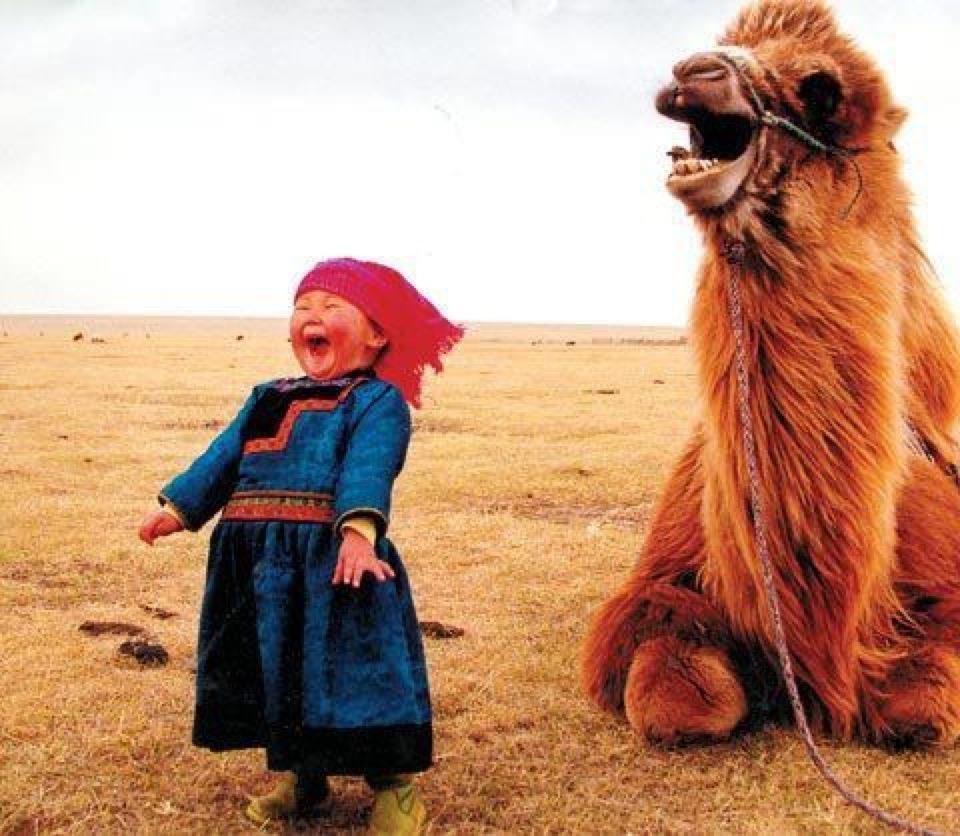An old Irish proverb says:
A good laugh and a long sleep are the two best cures for anything.
It’s funny because it’s true. I’ve especially experienced the power of laughter in the last six months to a year. I can’t say that it’s even been conscious. It sort of, happened. I started laughing every day. Perhaps, the challenges of the last few years (my personal health struggles, family illness and work-related stresses) pushed me to a point where laughing was a way to find life’s sweetness again. I started seeing humour in many situations, even in my own actions and reactions. Although I was unaware, I made space for laughter and it filled my heart.
My parents tell me that I was a truly happy baby, and a cheerful child. I suspect most of us are. Sure, temperament is present from a young age, but I believe that our natural state is one of peace and as long as nothing really happens to make us deeply unhappy as children, it’s easier for us to laugh than it is to cry. It takes more muscles to frown than to smile and the benefits of laughter range from brain chemistry, to a positive attitude and an overall strong immune system. There’s a wealth of articles on the science and benefits of laughter, namely by WebMD, Gaiam Life, the Mayo Clinic and Psychology Today.
 I began to smile more. I then started to chuckle and occasionally, laugh out loud. I had good throat laughs and good belly laughs. I’ve even had laughing fits. You know, the ones that hurt your abs because you’ve laughed so hard? I hadn’t experienced those laughing marathons, those that make you feel connected to your mischievous companions, since my University days, nearly a decade ago. I had laughs that closed my eyes so I could look inside. I’ve had laughs break me down into tears, to release what I didn’t know was weighing me down.
I began to smile more. I then started to chuckle and occasionally, laugh out loud. I had good throat laughs and good belly laughs. I’ve even had laughing fits. You know, the ones that hurt your abs because you’ve laughed so hard? I hadn’t experienced those laughing marathons, those that make you feel connected to your mischievous companions, since my University days, nearly a decade ago. I had laughs that closed my eyes so I could look inside. I’ve had laughs break me down into tears, to release what I didn’t know was weighing me down.
When I realized, recently, that I found reasons to laugh every day of my life, it’d been a few months and many a number of things had improved for me.
I laughed at work with colleagues. My days just seemed shorter, I felt less stress and I was able to laugh at myself and some of the trickier parts of my day job.I began to feel more confident in my abilities and this showed in my performance. I was also more open to helping my colleagues because the tension was gone.
I began laughing more at home and in my relationships. To my surprise, others responded in kind. By seeing the humour in the incomplete chores and in my own “hangriness” (my state of moodiness when I get hungry), I reconnected with my partner and allowed both of us to be human. We better accept each other. We’re less on edge. As it should be, because we’re on the same team and life’s got enough challenges as it is. When I reconnected to the funnier, fun-loving side of my personality, those sides of my friends also resurfaced. As social creatures, we tend to match energies, or vibes. So why not focus on a rising tide to lift all boats?
Laughter is a form of energy healing. It’s medicine in the traditional, shamanic sense. The whole experience shifts our energy, our physical bodies and our state of mind. It’s also a bridge that allows us to connect with others. Laughter isn’t hindered by language. Some sources of laughter are universal, which serve as equalizers. Other sources of laughter are more subjective, yet, they find their audiences and those people bond in the shared experience. Moreoever, laughter is often contagious.
Some of the world’s wisest, most enlightened people and higher-level thinkers are often seen smiling or laughing. It’s like they have this secret that they can’t wait to share. Their lives are enriched by their sense of humour and they touch many people with their joy, their kindness and their wise words. That’s because they know when to be serious and when to laugh. Our ability to laugh is a gift and a self-healing tool. And when we heal ourselves, we heal the world.
Although my laughter-based transformation was not initially a conscious one, I’m deciding to cultivate laughter as an intentional practice. Find the funny and let the laughter out!
How has laughter changed your overall perspective? How has laughter changed the outcome of a challenging situation?





